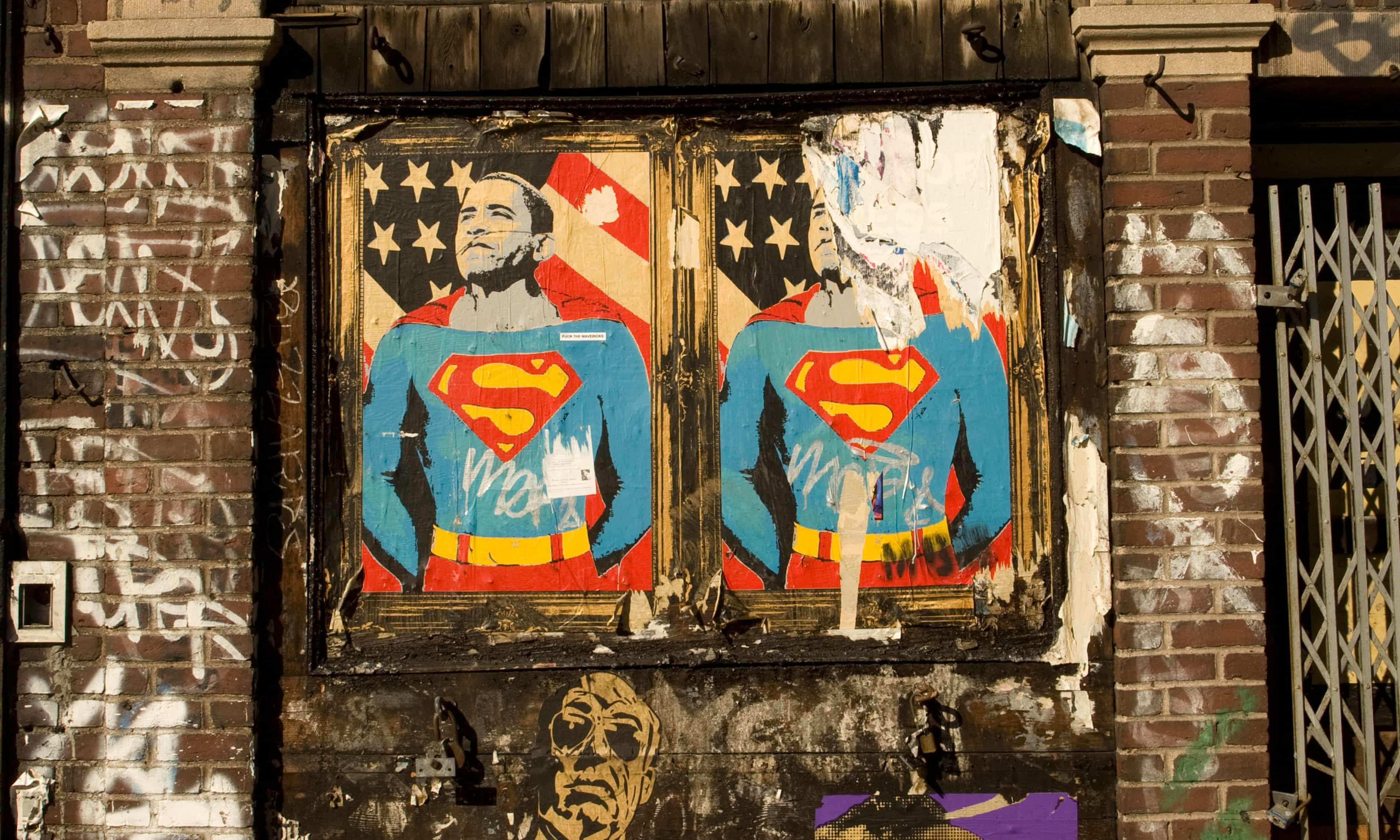Why Colin Kaepernick Matters So MuchPosted in Articles, Media Archive, Politics/Public Policy, Social Justice, United States on 2017-11-04 19:34Z by Steven |
Why Colin Kaepernick Matters So Much
The Nation
2017-11-03
 Colin Kaepernick on December 24, 2016. (Robert Hanashiro / USA Today via Reuters) |
Why has he become a symbol of hope and resistance? It’s complicated.
Some legends are told
Some turn to dust or to gold
But you will remember me
Remember me, for centuries
Last night, my eighth-grader daughter went to see the band Fall Out Boy in concert—no comments on a 13-year-old’s musical tastes, or I will smite you. Behind the band, as they played their hit song “Centuries,” was a massive flat-screen image of Colin Kaepernick.
It’s remarkable to think that just two years ago, when Kaepernick turned 28, he was in the middle of his worst season as a pro, injured and only playing nine games, with his team exploring trade options even though he was just two and a half years removed from being a play away from leading his team to a Super Bowl. (It’s worth noting that even his worst season involved his having a quarterback rating higher than 13 players who have started for teams this season.)
On the day of his 30th birthday, it’s time to retire questions like, “Why does he deserve a spot on a roster?” If you’re still asking that, then I doubt you’ve read this far, but I’ll just say that Tom Brady, Aaron Rodgers, and Cam Newton—winners of four of the last seven NFL MVP awards—think he should be on a team, and if you want to disagree with them, have at it…
Read the entire article here.






